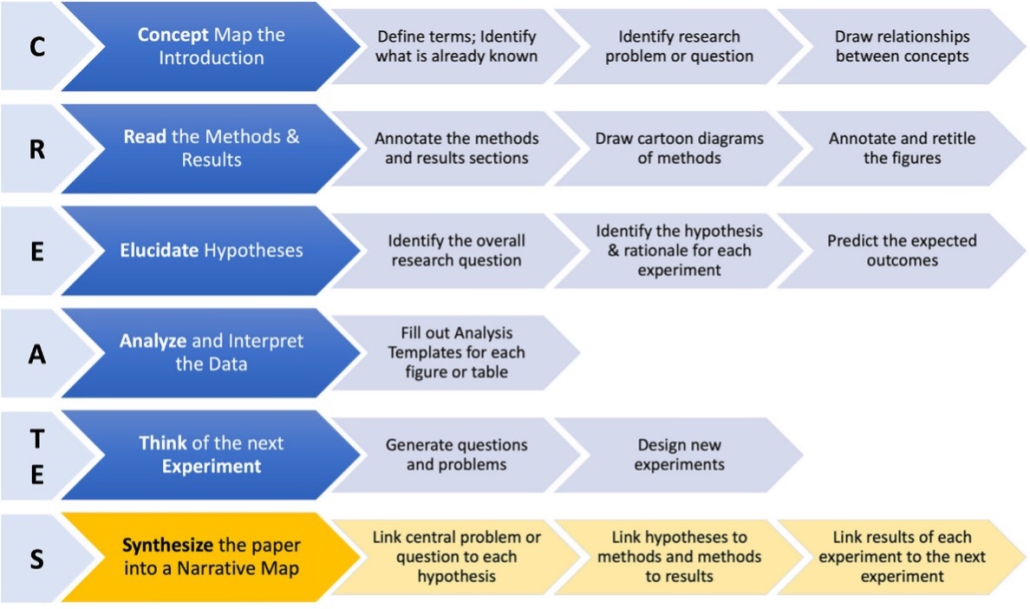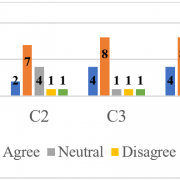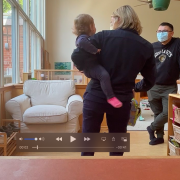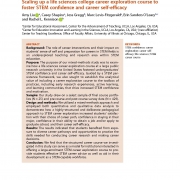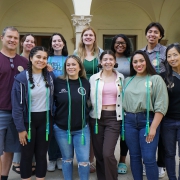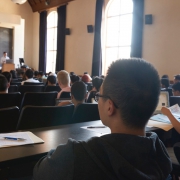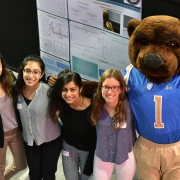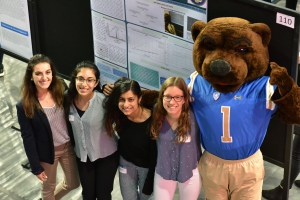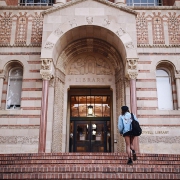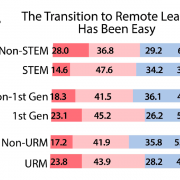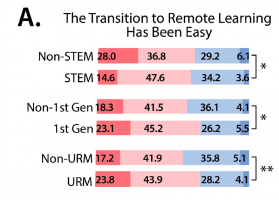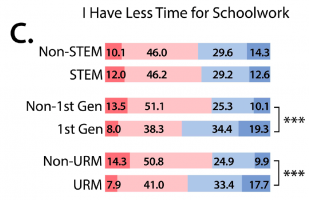Assessing the Impact of Diversity Instruction in STEM
In March of 2023, researchers from the Center for Educational Assessment (CEA), along with instructor Kirsten Turlo, prepared a poster for the American Association of Colleges and Universities (AAC&U) Conference on Diversity, Equity, and Student Success in Henderson, Nevada. The poster presented results from data collected over three quarters from a life science general education (GE) course that also meets the university diversity curriculum requirements. University diversity degree requirements are largely intended to change campus climate and increase cultural competency. CEA evaluated the effectiveness of instruction by examining student agreement on whether or not the course met the learning outcomes for the life science and diversity instructional units. Simultaneously, researchers assessed students’ attitudes about science and diversity before and after they completed the course. After each quarter, the instructor was given the results of the assessment, which were used to make changes to the course for subsequent quarters.
Pre-course attitudes about science were consistently and strongly positive, with small increases in positive responses upon course completion. For diversity attitudes, researchers found increased agreement with the statement, “a more diverse faculty would enhance my university” and “discriminatory practices still exist in American higher education because it has been institutionalized” from the pre- to post- course surveys. Moreover, between the Fall and Winter quarters, a lecture was added expressly addressing why course developers, Kirsten Turlo and Diana Rigueur, felt diversity content was critical. In the next quarter, there was an 11% decrease in agreement with the statement, “too much attention divides the campus community.” These findings suggest that continuously engaging with diversity content leads to greater shifts in positive attitudes toward diversity. Additionally, in all three quarters, students—whether or not they held positive attitudes toward diversity—overwhelmingly reported that the course achieved both the science and diversity learning outcomes.




